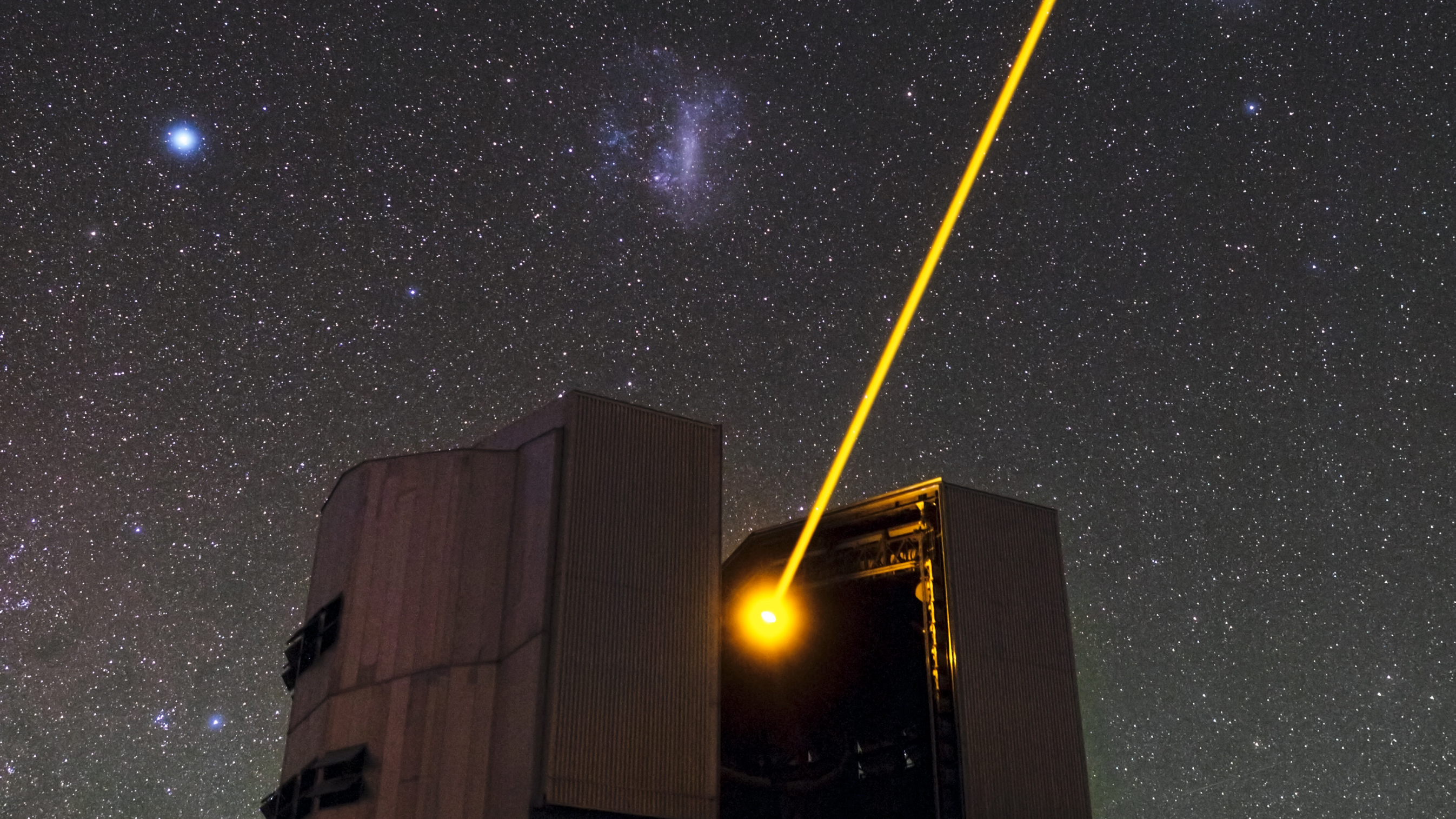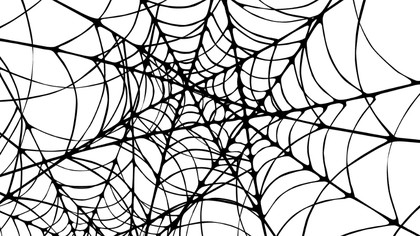
This week Vulcan gets closer to becoming a real celestial body, Spider-man becomes science fact, telepathic rats, and bad news for poor sleepers and football players.
Death-Star-like laser creates an artificial star in our sky Looking like something out of Star Wars, the Very Large Telescope's new laser (pictured above) blasts highly focused light into the sky to create an artificial star. The laser fires 90km up, exciting a 10km-thick layer of sodium atoms left around our home planet by meteorites.
The sodium then produces a brilliant, bright point of light, which astronomers then use to calibrate Chile's Very Large Telescope, monitoring and adapting to atmospheric turbulence creating the sharpest image possible. That enables both the absolutely stunning shots of celestial bodies we admire, and the astronomers to work ever more accurately and efficiently. Wow. [New Scientist]
Space is no longer just for the young Apparently humans are going to Mars in 2018, but it won't be a bunch of young, nubile astronauts making the gruelling 501-day trip through space. The Mars500 Project is looking for a middle-aged couple, who have likely already had children, to make the pioneering trip to Mars.
That's because you'll have to be crammed into a tiny box for over a year and a half with one another, and you'll be bombarded with cosmic radiation while you're out there, which is highly likely to make you sterile, and possibly cause cancer. Still, it'll be the trip of a lifetime, so if you're in your 40s or 50s, why not apply? [BBC]

A real Vulcan could end up being closer to home than we realised What happens when you open up a vote to name one of Pluto's newly discovered moons to the internet? Star Trek fans descend and push Spook's home planet of Vulcan to the top of the list.
Second place went to Cerberus, the Greek underworld's multi-headed guard dog, in the Seti Institute's online vote. The names still have to be ratified by the International Astronomical Union, but Vulcan might leap out of science fiction to orbit Pluto soon. [BBC]
Sign up for breaking news, reviews, opinion, top tech deals, and more.
Science fact: Spider-Man could have stopped a runaway train Next time you watch Spider-Man 2, you'll be glad to know that not all of it is pure fantasy. A trio of physicists from the University of Leicester worked out that Spider-man's webbing would need to withstand a force of 300,000 Newtons, and absorb 500 million joules per cubic metre of energy, to stop a speeding train.
Luckily the silk from a Darwin's bark spider can absorb some 520MJ per cubic metre, meaning Spidey really could have stopped a train with webbing as long as he had good anchor points, of course. [Physics Special Topics]

Poor sleep really does damage your health Everyone knows you don't exactly feel great after a terrible night's sleep, but did you know poor sleep actually changes your proteome? Two groups, one sleeping less than six hours and one sleeping at least 10 hours a night, were monitored for a week by the University of Surrey.
Scientists found that the function of 711 genes were actually altered in the sleep-deprived group. Our bodies rely on the function of certain genes that repair and replenish your person while you slumber, which could be switched off as a result of not getting enough sleep. The effects of the trial were reversed within a week of normal sleep, but if you're getting well under eight hours sleep a night, it might be worth looking at your nightly patterns - it could drastically improve your long-term health. [PNAS]
Heading a football really could give you brain damage It's not like we play with the lead-weight leather footballs of old these days, but the potential for brain damage from heading the ball into the back of the net is still ever-present. Researchers testing a group of football players found those who were handy with their foreheads were slower in voluntary reaction tests than those who don't head the ball.
The findings show that headers actually cause mild frontal lobe brain damage, presenting itself as a slowing of cognitive responses. Next time you're out playing footy in the park, perhaps go for the volley instead of the diving header. [PLoS One]

Telepathy is finally a reality Scientists have managed to give two rats the power to communicate by pure thought alone, essentially giving them telepathy. Using electrodes implanted directly into their brains, and then being wired to each other, the rats were able to guide each other into pressing the correct response lever.
Only one rat actually knew which lever was the correct one, but both rats were capable of completing the task correctly. While brain-to-machine interfaces have been shown before, this is the first time a brain-to-brain interface has been managed, and could be a massive step forward in brain research. [Nature Scientific Reports]
Brain cells live longer than we thought Talking of brains, the current understanding is that neurones, just like most other cells in your body, have a pre-programmed lifespan, after which they cease to replicate and die. However, a recent study showed that mouse brain cells transplanted into rat brains, lived far longer than they would in mice.
The cells, which had been absorbed into the rat brains, lived as long as long as 36 months, rather than the 18 months they would in a mouse. This could mean that longer lifespans wouldn't necessarily mean a decline in brain function, which is potentially great news for all of us who are living longer and longer. [Science News]